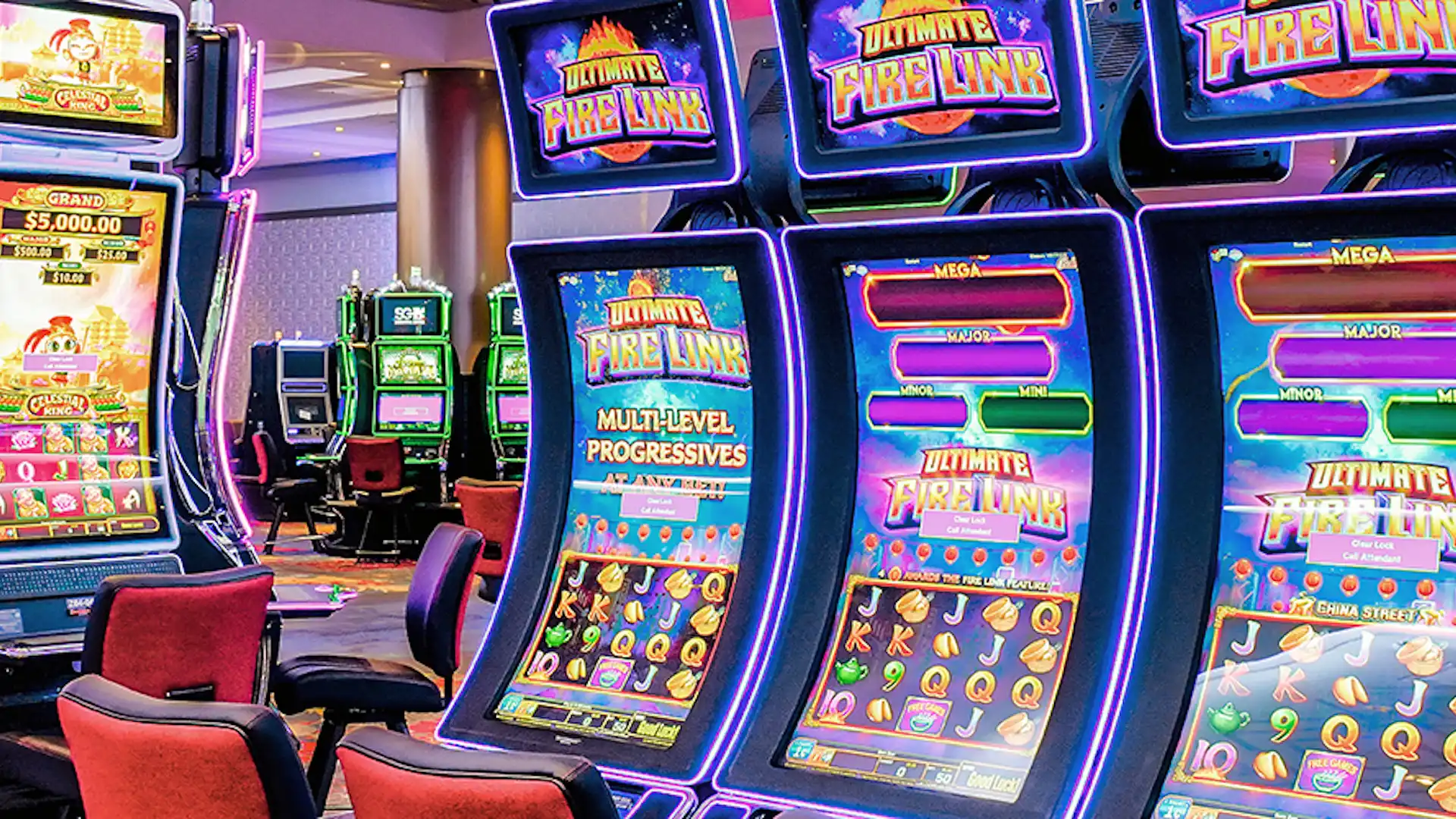Gambling games have long captured the fascination of humans around the world, becoming an essential part of both entertainment and culture. From the sparkling lights of Las Vegas to the engaging experience of internet gambling, these experiences evoke excitement, risk, and sometimes even a sense of remembrance. They are not just just pastimes; they have woven themselves into the texture of society, influencing various aspects from movies and music to fashion and books.
The allure of casino games surpasses the wagering aspect, tapping into broader themes of luck, chance, and social interaction. mmlive As players assemble around a card table or turn the wheel of fortune, they engage in an ancient ritual that echoes with our shared desire for adventure and unpredictability. This obsession has led to the growth of many references in movies, tracks, and gaming, showcasing how intensely entrenched these activities are in mainstream culture. Whether it is the intense drama of a classic caper or the colorful nightlife portrayed in videos, casino games have carved out a substantial role that reflects our relationship with risk and reward.
Cultural Importance of Gambling Activities
Casino games have played a pivotal role in cultural aspects throughout history. Originating from ancient societies, forms of chance were often linked to rituals or events. For instance, early forms of gambling can be traced back to historic China and the Romans, where dice games and wagering on outcomes were popular pastimes. These activities not only served as leisure but also as means of connecting people, facilitating relationships among individuals within societies.
As cultures evolved, so did the sophistication and structure of casino games. The establishment of formal casinos in the 17th century, particularly in Italy, marked a major shift in how games were perceived and structured. With specific spaces for gaming, the casino became a social hub where patrons from various backgrounds convened. hướng dẫn mmlive This change contributed to the legitimization of the industry, transforming it from a mere pastime into an organized industry that shaped the economy and regulations.
The effect of casino activities on popular culture cannot be overlooked. As they were popularized in books and film, games such as poker and blackjack became symbols of risk, luck, and strategy. Iconic figures and narratives have developed around these games, illustrating societal views towards luck, prosperity, and immorality. This fascination with gambling activities has permeated various forms of entertainment, solidifying their place in the collective consciousness and linking them to broader cultural narratives throughout history.
Depiction of Gambling Games in Entertainment
Gambling games have long been a popular theme in various forms of media, reflecting both the thrill and nuances of gambling culture. Movies such as Ocean’s Eleven and Casino Royale portray characters who navigate intense situations, showcasing not only the appeal of the gambling environment but also the tactics and judgments that come with playing popular games like Texas Hold’em and blackjack. These films often dramatize the exhilaration of winning and the potential consequences of losing, encapsulating the perils involved in betting.
Television shows have also explored the world of gambling activities, often integrating them into the narrative as a backdrop for character arcs and conflict. Shows like Vegas depict the stories of gambling employees and casino-goers, highlighting the dynamic, often chaotic energy of the gaming floor. Reality shows featuring intense betting contests further emphasize the fascination of gambling activities, drawing viewers into the tension and tactics involved in each game. Through these depictions, media not only entertains but also sparks conversations about luck, expertise, and the character of randomness.
Video games have increasingly integrated casino games into their development, allowing players to experience the thrill of betting without monetary loss. Games within the landscape of digital gaming often include online slot machines, poker, and other casino favorites, creating an engaging environment that mirrors actual casino experiences. These digital representations make casino games accessible to a worldwide viewer base, appealing to both risk-takers and those who enjoy the rush of virtual experiences. As a consequence, the representation of casino games in entertainment continues to shape public perception and cultural relevance, highlighting their function in entertainment and the cultural landscape.
Effect of Gambling Activities on Society
Gambling activities have a significant effect on society, influencing various aspects of societal norms and social behavior. They often function as a venue for social interaction, where people gather to experience a shared activity. Casino trips with friends or trips to casinos become social activities that foster connections and create shared moments. This collective aspect enhances the fun value of gambling activities, making them a popular choice for celebrations and leisure activities.

Moreover, casino games have been depicted in countless movies, television shows, and written works, influencing perceptions and attitudes towards gaming and betting. Icons like James Bond competing in baccarat or the high-stakes poker scenes in films have cemented these games in the shared imagination. This representation often idealizes the lifestyle associated with casino activities, attracting new players and impacting trends in both style and behavior. These portrayals can spark curiosity and lead to a deeper investigation of the intricacies of gaming.
Nonetheless, there are also negative consequences associated with the popularity of gambling activities. The temptation of quick monetary gain can lead to gambling addiction and financial troubles for some individuals. Society must grapple with these consequences, promoting responsible gaming and awareness of the risks involved. Balancing the entertainment value of casino games with the risks is vital to ensure that they continue to be a positive aspect of our societal fabric.